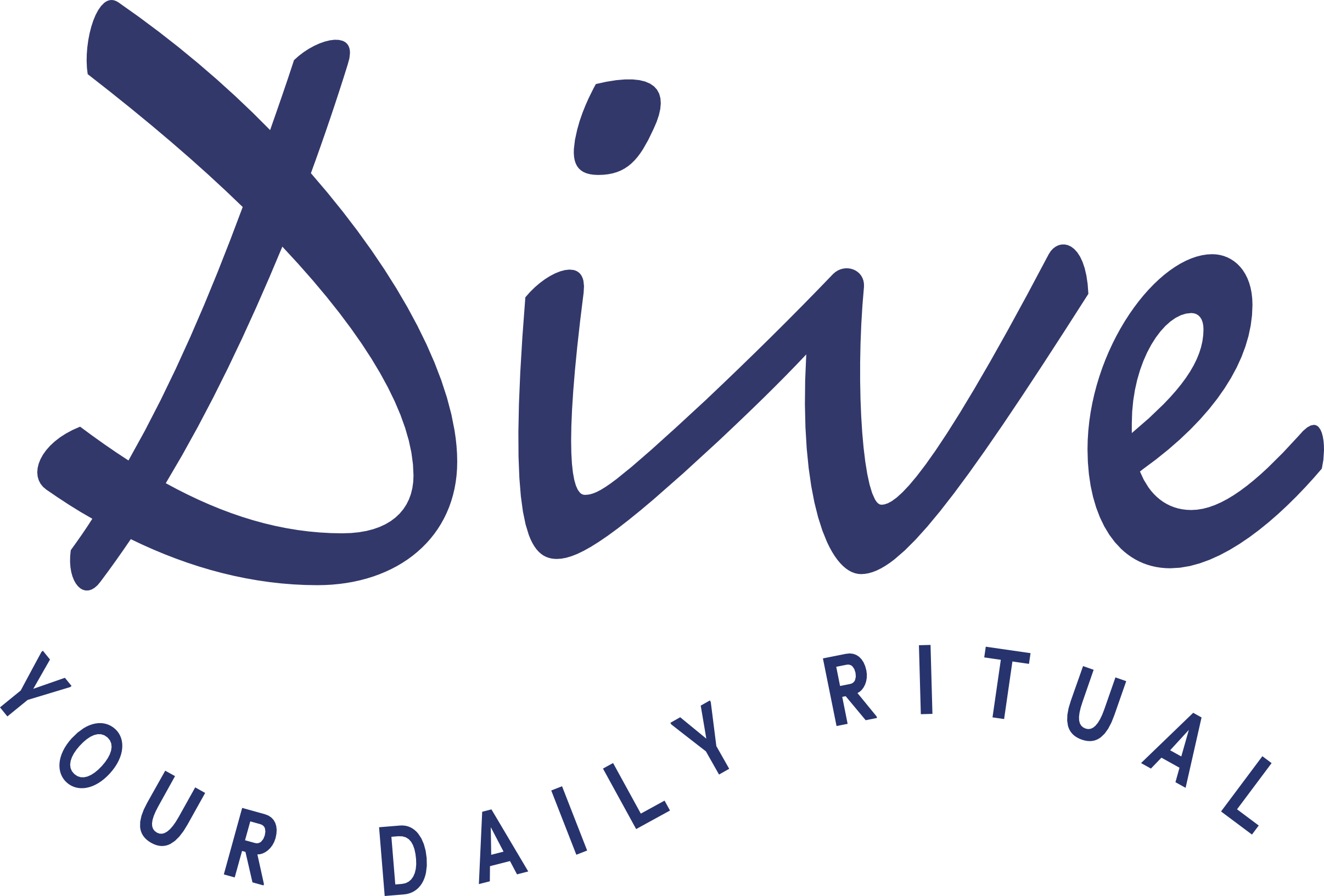You know that friend who drinks milkshakes like water while you're calculating the nearest bathroom location? The secret behind their dairy confidence is a tiny digestive superhero called the lactase enzyme. Understanding this powerful enzyme can completely change how you approach dairy foods and transform your digestive comfort.
Meet Your Digestive Hero: What Is Lactase?
You want to enjoy a creamy latte at your favourite café, but you hold back because last time it caused bloating and stomach discomfort. This is where understanding what lactase is becomes a game-changer for your gut health.
Lactase is like your body's personal dairy translator. It's a protein that works as an enzyme, breaking down lactose (milk sugar) into smaller, digestible pieces. Think of it as having a friend who speaks both "dairy language" and "your body language" fluently.
Your small intestine naturally produces this enzyme, but here's the plot twist: not everyone makes enough of it. When your body doesn't produce sufficient amounts, enjoying dairy becomes a challenge rather than a pleasure.
The Science Behind Lactase Production
Understanding how lactase works helps explain why some people can handle dairy while others can't. In infants, enzyme production is at its peak because breast milk is their primary nutritional source. This makes perfect evolutionary sense.
As we grow older, lactase function naturally decreases in most people. By around age four, many individuals experience a reduction in enzyme production. This isn't a flaw; it's actually normal human biology. Only specific populations have maintained lactase activity into adulthood through genetic adaptation.
Signs Your Lactase Production Needs Support
Your body has its own language, and dairy often puts it to the test. When lactase enzymes fall short, subtle discomforts follow. Noticing these signals early helps you understand your gut better and make kinder choices for digestion. The signals are as follows:
- Bloating after consuming milk or ice cream
- Abdominal cramps that seem to follow dairy consumption
- Gas that appears 30 minutes to 2 hours after eating dairy
- Diarrhoea or loose stools after dairy meals
- Nausea when consuming lactose-rich foods
These symptoms occur because undigested lactose ferments in your colon, creating gas and drawing water into your intestines. It's your gut's way of saying, "Hey, we need more enzyme help here!"
Understanding What Is Lactase Deficiency
Enzyme deficiencies aren’t one-size-fits-all. Each type affects digestion differently, which is why symptoms can vary from mild discomfort to major gut struggles. Knowing the specific deficiency helps you choose smarter food strategies or supplements tailored to your body’s needs.
- Primary Lactose Intolerance: Most common type. Enzyme levels drop after childhood, making dairy harder to digest.
- Secondary Lactose Intolerance: Triggered by gut damage from illness or injury; often temporary.
- Congenital Lactose Intolerance: Rare; babies are born without the enzyme and need specialised care.
Foods That Challenge Your Digestive System
Some dairy foods push your digestion harder than others. The answer lies in what is lactase, the enzyme your body uses to break down lactose. When it runs low, these foods become difficult to process, often causing bloating or discomfort.
- Fresh milk contains high lactose levels
- Ice cream combines lactose with fat, slowing digestion
- Soft cheeses like ricotta and cottage cheese retain significant lactose
- Milk-based sauces and soups concentrate the lactose content
However, some dairy products are naturally easier on your system:
- Hard cheeses like cheddar and Swiss contain minimal lactose
- Greek yoghurt's fermentation process reduces lactose content
- Butter contains very little lactose due to its fat content
Sometimes eating strategically and choosing lower-lactose options isn't sufficient to enjoy dairy comfortably. This is where lactase enzyme supplements become incredibly valuable.
How Does Lactase Function in Your Body?
The lactase function is surprisingly elegant in its simplicity. When you sip that latte or bite into cheese, lactose enters your digestive system; the enzyme jumps into action. It splits lactose into two simpler sugars: glucose and galactose.
These smaller sugars can easily pass through your intestinal wall and enter your bloodstream. Without proper lactase function, lactose remains intact and travels to your colon, where bacteria ferment it, resulting in gas, bloating, and digestive discomfort.
It's like having a bouncer at an exclusive club. The enzyme checks each lactose molecule and either lets it pass (after breaking it down) or sends it away to cause trouble elsewhere.
Ready to support your digestive system? Try DIVE's Daily Lactase Chewables today.
Why Trust DIVE for Your Digestive Freedom
At DIVE, we understand that life's too short to avoid pizza nights or skip your favourite ice cream. That's why we've developed DIVE Daily Lactase Enzyme Chewable Tablets that deliver real relief when you need it most.
Each orange-flavored tablet is designed for everyday use, packed in convenient tear strips that fit effortlessly into your pocket or bag. What makes DIVE Daily truly special is our commitment to clean and conscious choices. Every chewable is 100% vegetarian, sugar-free, gluten-free, and made under strict FSSAI standards so that you can trust every bite.
Perfect for families, professionals, and anyone ready to embrace dairy again, DIVE is more than a supplement. It’s your partner in enjoying dairy with freedom, without the drama of bloating & gas.
Ready to reclaim your relationship with dairy? Start your journey with DIVE today
Frequently Asked Questions
Q: How quickly do lactase enzyme supplements work?
Lactase enzyme supplements typically begin working within 15 to 45 minutes after consumption. For best results, take them just before eating dairy products. This ensures the enzyme breaks down lactose effectively, promoting smooth digestion and preventing discomfort throughout your meal.
Q: What is lactase, and why do some people need supplements?
Lactase is an enzyme that helps break down lactose, the sugar found in milk and dairy. As people age, many naturally produce less lactase, reducing their lactase function and making dairy digestion difficult. Supplements help prevent bloating and digestive issues.
Q: Are DIVE's chewables suitable for daily use?
Yes, DIVE Daily Lactase Chewables are designed for everyday use. They support digestion whenever you consume dairy, helping your body manage lactose effectively. With vegetarian, gluten-free, and sugar-free ingredients, DIVE offers reliable support without compromising quality or taste.
Q: Can enzyme production be restored naturally without supplements?
Once lactase enzyme production declines, it cannot be naturally restored. Genetics and age limit your body’s ability to regenerate itself. However, supplements are a reliable way to support digestion, enabling you to enjoy dairy comfortably.
Q: What makes DIVE Lactase Enzyme Chewables the best choice for lactose digestion?
DIVE’s lactase enzyme chewables deliver 9000 ALU potency in a delicious orange flavour, ensuring fast and effective lactose breakdown. Vegetarian, sugar-free, gluten-free, and made under strict FSSAI standards, they provide a reliable solution for comfortable dairy digestion.






